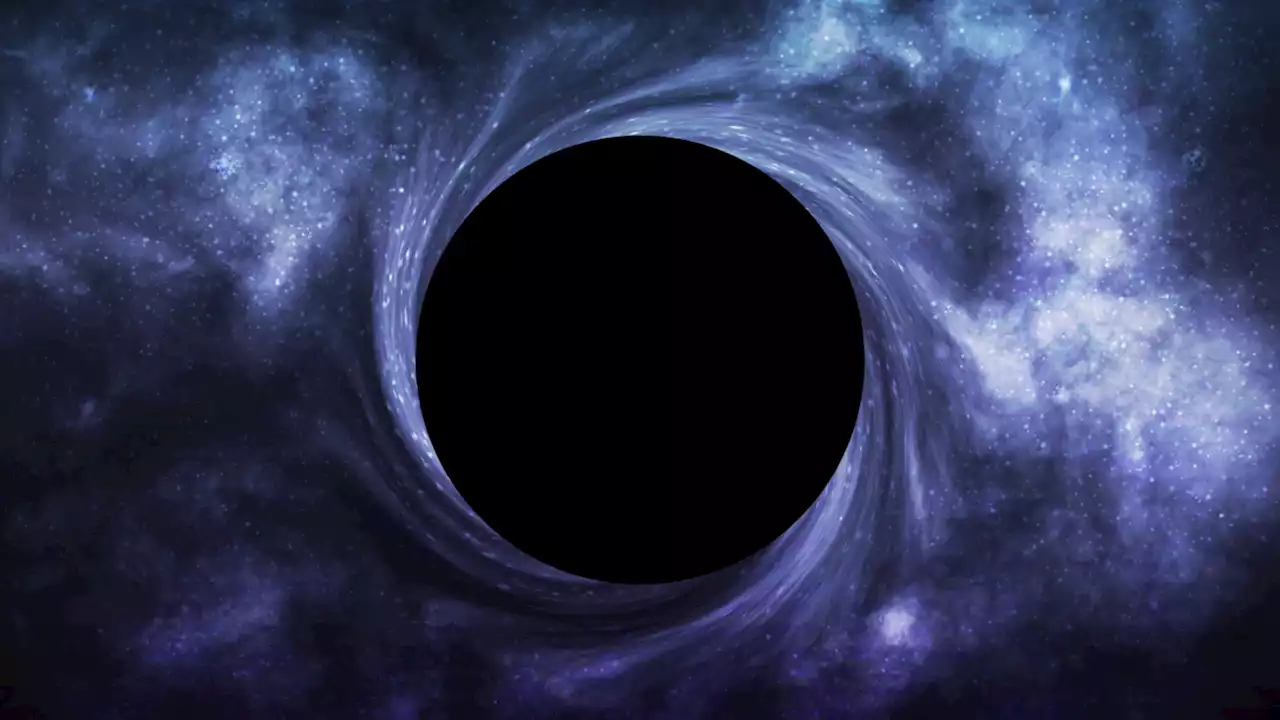Being chronically constipated has been linked with a 73% higher risk of subjective cognitive decline, according to research presented at the Alzheimer’s Association International Conference
In the first research to look at constipation’s impact on the aging brain, scientists have found some concerning links. Being chronically constipated, defined by the authors as having a bowel movement only every three or more days, has been linked with a 73% higher risk of subjective cognitive decline, according to research presented Wednesday at the Alzheimer’s Association International Conference in Amsterdam.
“The brain is not completely isolated from what’s happening in your blood flow.” Bowel movements and the brain This research wasn’t “designed to test the causal relationship between bowel movements, the gut microbiome and cognitive health, so we cannot firmly draw conclusions regarding the precise causal sequence underlying this association,” Ma said. But bowel movement frequency and subjective cognitive function were also linked with the participants’ gut microbiomes, the authors found.
Singapore Latest News, Singapore Headlines
Similar News:You can also read news stories similar to this one that we have collected from other news sources.
 CNN exclusive: DeSantis downplays concerns about the state of his 2024 campaign | CNN PoliticsGov. Ron DeSantis, in an exclusive interview with CNN’s Jake Tapper on Tuesday, brushed aside concerns about the state of his presidential campaign, continued to downplay the conflict in Ukraine and steered clear of supporting national abortion restrictions similar to the six-week ban he signed in Florida.
CNN exclusive: DeSantis downplays concerns about the state of his 2024 campaign | CNN PoliticsGov. Ron DeSantis, in an exclusive interview with CNN’s Jake Tapper on Tuesday, brushed aside concerns about the state of his presidential campaign, continued to downplay the conflict in Ukraine and steered clear of supporting national abortion restrictions similar to the six-week ban he signed in Florida.
Read more »
 Pooping only every 3 or more days linked with cognitive decline, research findsIn the first research to look at constipation’s impact on the aging brain, scientists have found some concerning links.
Pooping only every 3 or more days linked with cognitive decline, research findsIn the first research to look at constipation’s impact on the aging brain, scientists have found some concerning links.
Read more »
 Scientists simulate environment of enigmatic black holes in a hi-tech labThe black hole conditions are being stimulated with the help of a tiny vortex produced inside a bell jar of superfluid helium.
Scientists simulate environment of enigmatic black holes in a hi-tech labThe black hole conditions are being stimulated with the help of a tiny vortex produced inside a bell jar of superfluid helium.
Read more »
 How scientists decide if they've actually found signals of alien lifeYou'll need to rule out human noise or other Earth-bound sources, which is to say eliminating the ‘confounders.' A control sample helps, too.
How scientists decide if they've actually found signals of alien lifeYou'll need to rule out human noise or other Earth-bound sources, which is to say eliminating the ‘confounders.' A control sample helps, too.
Read more »
 UK scientists awarded $4.5 million to attach lasers to CubeSatsLasers could transmit 1,000 times more data than conventional satellite radio communication systems used in orbit today.
UK scientists awarded $4.5 million to attach lasers to CubeSatsLasers could transmit 1,000 times more data than conventional satellite radio communication systems used in orbit today.
Read more »
